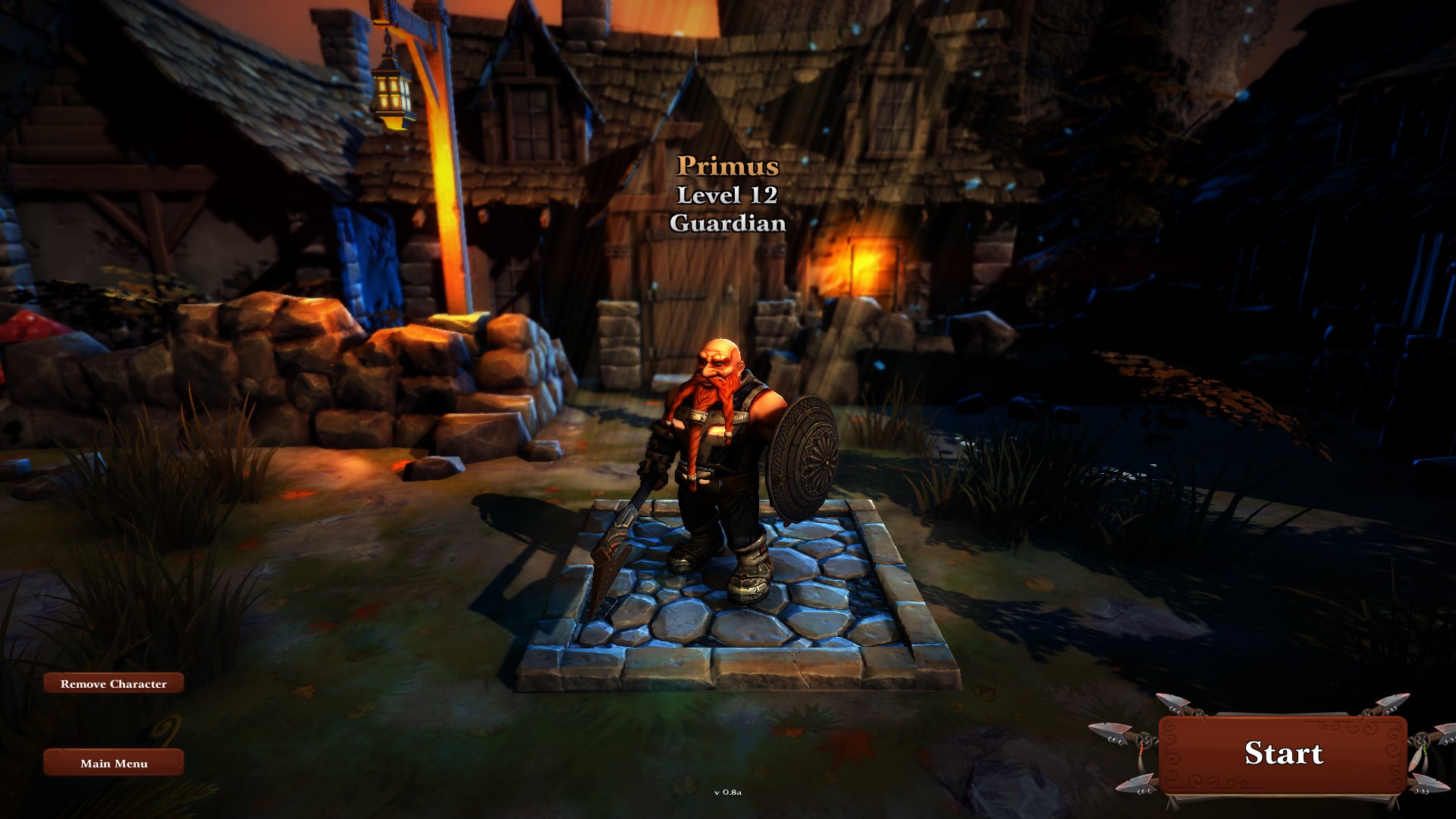The word ‘niche’ tends to have a negative connotation in the indie game world. Niche marketing calls for going after a very small segment within the indie game market. Now, to the average developer this idea seems to go against instinct. You’ve spent money, sweat, tears, and years toward making this game and all you want to see is hundreds of thousands of people playing it. So you push the game to the masses as much as you can but you don’t get the result you’re looking for. Why is that? It could be a numerous amount of reasons: lack of money, quality, interest, publicity, or even players. Now what do you do? Let’s face it- the life of an indie game developer isn’t easy; you’re confined by time, money, and resources. This makes niching that much more important!
Niching allows small gaming companies to focus their limited resources by gaining a large share of a small segment. Through concentrated marketing an indie company achieves a strong marketing position because of its greater knowledge of player desires, needs, and the reputation it acquires. It can market more effectively by fine-tuning its game, prices, programs, services, features, quality, and communication towards only players that it can serve best and most profitably. So how do you do it? Before you begin marketing or even begin making a game, create your strategy!

Getting Niche:
- Pick a genre and stick to it.
Mashing genres together will not get you very far when it comes to marketing. It’s easy to assume that by having a little bit of everything, your game will attract everyone. But this is not the case! Some players enjoy solely RPGS, JRPGS, Dungeon Crawlers, Roguelikes, etc. Most players have a favorite and will only be willing to spend their extra cash on their favorite. So try to make your game the best within the genre you choose to attract those players!
Limiting yourself to a single genre also enables you to be able to point out your direct competition and study up on them. What are some successful games in your genre and why are they doing well? What is their price point? What features do they have? What makes them unique? How can you emulate their strategies, approach and message to achieve similar results?
- Become an expert of your genre and its players.
What makes players like this particular genre? Understand and expand. For example, many players enjoy shooters due to the various weapons, and many roguelike fans come back for the replayability. Knowing this, how can you make the weapons in your game better than your competitors? How do you ensure your game has maximal replayability? Use your head and creativity to expand on what you know, and try to come up with something unique to hook your players!
What other features are players looking for in your genre? Make a list of features your fans would want to see. Prioritize this list and allocate resources accordingly. For example, RPG developers may want to invest more money and time in creating an expansive world with many quests, rather than thinking up new and different kinds of weapons. However JRPG developers may want to invest more in the plot and animation/artwork rather than an expansive free-roaming world.

- Understand player behavior.
This will help you decide where to invest for your marketing and promotion strategy. What websites do your players visit? Don’t forget to get niche! We all know indie players love Reddit, but are there particular subreddits that may concentrate solely on your genre, or other seemingly unrelated communities your players may visit? For example, JRPG developers could promote their game on anime communities and websites. This can relate to any social media, whether it be Twitter, Facebook, or Tumblr! Again, make a list of your players’ behaviors and habits, prioritize and allocate your resources accordingly to promote on the most effective channels.
Once you’ve created your niche strategy you’ll be in a better position to finally start creating your game. By following these three pointers you may even come to realize that the genre you wanted to develop in the first place may not actually be the best decision. Perhaps there just isn’t enough money to satisfy the features that players want in that particular genre and therefore would not be worth the effort. Perhaps you may come to find out that a particular genre just has too much competition. Whatever it is, you didn’t waste the time and money it would have taken to develop it, and can go with a new path knowing more and being able to truly master your niche! Good luck!
If you enjoyed this article and you’re looking for some advice on targeting and mastering your niche, drop me a line at [email protected] and let’s chat!

